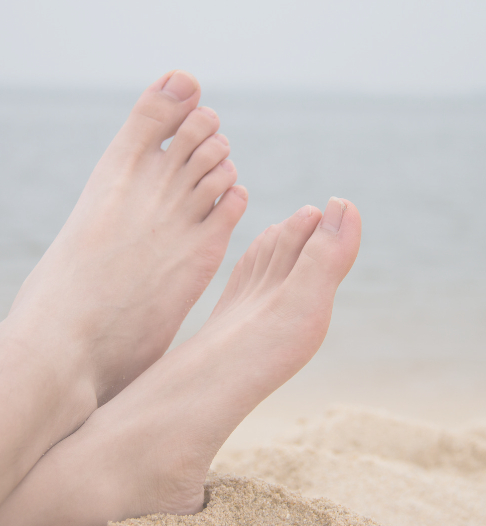What is Molluscum Contagiosum?
Molluscum contagiosum is a typical, generally harmless, skin infection caused by the virus molluscum contagiosum (MCV). It may result in round, firm, painless bumps ranging in size from a pinhead to a pencil eraser. If the bumps are injured or scratched, the infection can spread to close skin. Molluscum contagiosum also spreads through person-to-person interaction and contact with infected objects. Though most common in children, molluscum contagiosum can affect adults as well — especially those with weakened immune systems.
Mollusca may occur anywhere on the body including the face, neck, arms, legs, feet, and abdomen, alone or in groups. The lesions are infrequently found on the soles of the feet or palms of the hands.
What are the symptoms?
Molluscum contagiosum signs and symptoms include:
- Raised, round, skin-colored bumps
- Small bumps — typically under about 1/4 inch (smaller than 6 millimeters) in diameter
- Bumps with a small dot or dent at the top close the center
- Itchy, pink bumps
- Bumps on the face, trunk, arms or legs of children
Causes of Molluscum Contagiosum
The virus that causes molluscum contagiosum spreads simply through:
- Skin-to-skin contact
- Contact with infected objects like kickboards, towels and wrestling mats
- Swimming in hot tubs or pools contaminated with the virus
- Sexual contact with an affected partner
- Rubbing or scratching the bumps that spreads the virus to nearby skin
How is molluscum contagiosum treated?
Molluscum contagiosum typically heals in about 6 to 18 months without any treatment, though individuals with immune system problems can have the spots for a number of years. The spots usually heal leaving no scar, even though aggressive treatment and scratching can leave a mark the same with a chickenpox scar.
It is significant to see your doctor for precise diagnosis of molluscum contagiosum. Usually no treatment is specific, but your doctor might recommend treatment to improve the way the spots look, to avoid spread, and to decrease the risk of scarring.
Treatment may involve:
- freezing the spots off with liquid nitrogen
- pricking with a needle as well as squeezing them moderately
- surgically scraping them off
- using a cream or lotion
- using wart paint
If the individual has irritated skin, that must then be treated before the molluscum.
Are you suffering from this condition or other foot problems? One of our chiropodist/podiatrist can assist and then recommend what treatment options are best to get you back on track. ✅
Schedule an appointment here or you may call us at 44 (0) 207 101 4000. 📞
We hope you have a feetastic day! 👣☀️
-The Chelsea Clinic and Team
Check our blog about Falls: What To Do If You Fall At Home?
https://www.thechelseaclinic.uk/falls-what-to-do-if-you-fall-at-home/
Learn more about Subungual Melanoma https://www.thechelseaclinic.uk/subungual-melanoma/
Read our blog about Venous Eczema https://www.thechelseaclinic.uk/venous-eczema/




